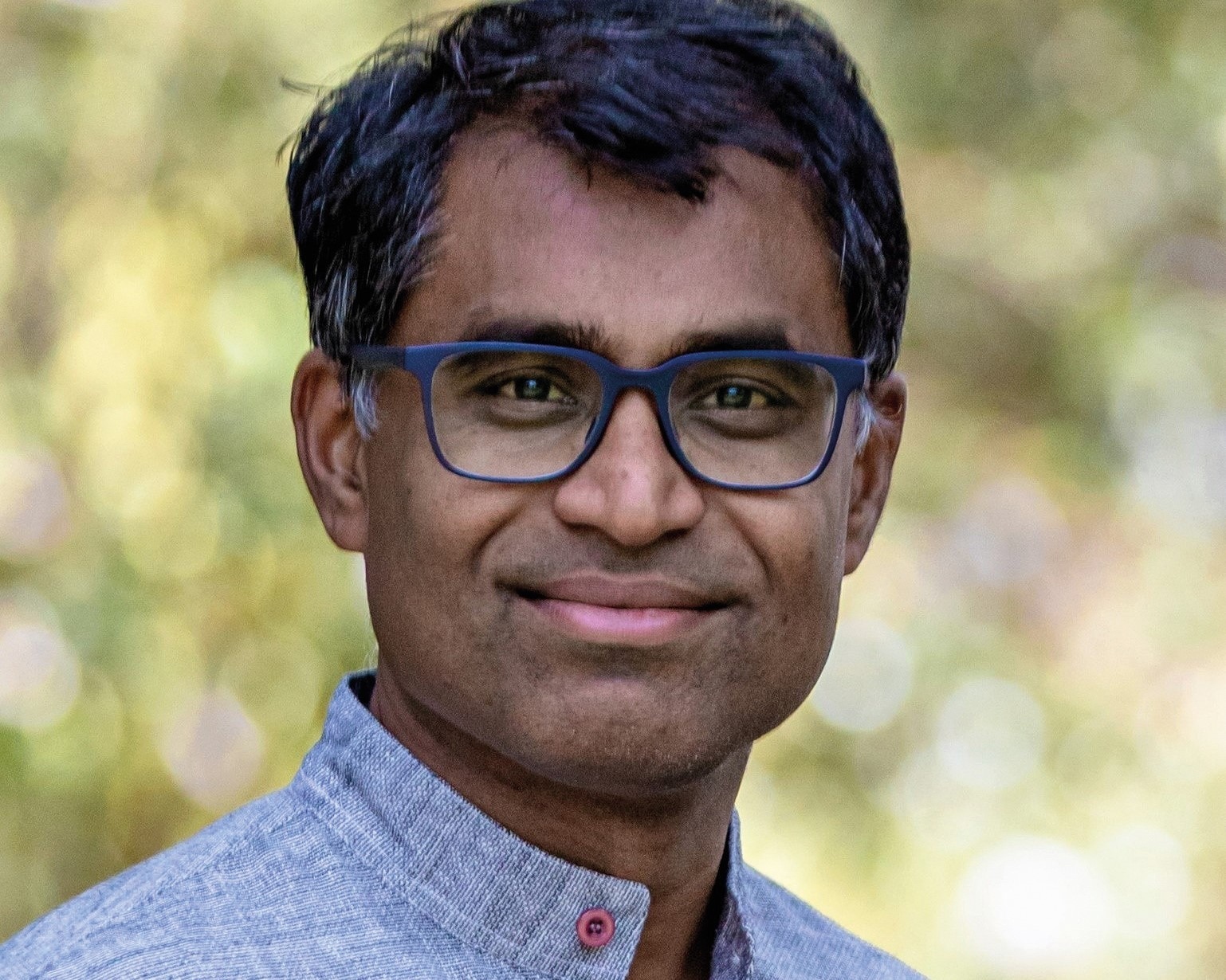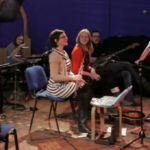Danny Sriskandarajah, author of "Power to the People", talks to us about how to revive Britain's democracy

Dhananjayan “Danny” Sriskandarajah has extensive experience of leading civil society organisations. He is CEO of the New Economics Foundation and has been chief executive of Oxfam GB and secretary general of the global civil society alliance CIVICUS. His latest book is “Power to the People: Use Your Voice, Change the World”.
In “Power to the People”, you use the analogy of a fungal root network beneath the forest floor to describe civil society. What do you mean by that?
Civil society is an ambiguous term. It is an arena in which people come together for collective action to do things together, outside the market, outside the family and outside the state. It’s the space in which we come together to solve everything from local challenges – getting a pothole fixed, making sure there’s football training on a Saturday morning that’s affordable – all the way to campaigning for big, global change.
Sometimes we end up focusing too much on the formal bits of civil society, like NGOs. Or the pressure points – so where there are protests, or where civic freedoms are under threat. But those flash points are really the mushrooms of a fungal network, the visible manifestations of citizen action. In order for a protest to happen, it needs to be supported and nurtured by a whole bunch of other things, and that’s the mycelial network, or the undergrowth.
How is that undergrowth doing these days?
I worry that it’s being chipped away by a whole bunch of things. It’s the amount of time we’re spending in front of our screens, it’s the fact that so many of us are in precarious work, that we’re living such mobile lives. I am a migrant, many times over, and I know first-hand that you can’t necessarily strike roots and connect with your community as easily. So these social trends are, particularly in the west, undermining our ability to connect with each other in a meaningful way. And the undergrowth is also being attacked politically by those who want to disempower or dismantle civil society.
Do you mean legislation like the Police, Crime, Sentencing and Courts Act, and the Public Order Act, which placed new restrictions on protest? Do you think it’s important for Labour to repeal them?
I think it’s important for a whole bunch of reasons. Civic freedoms are an important part of the human rights framework. As tempting as it might be to come down hard on protesters who are inconveniencing us, society should really resist that temptation. How we treat dissenters is arguably one of the best tests of rule of law, right? Look at how climate protesters have been given such draconian sentences for peacefully protesting about something that clearly should be worrying humanity. I also think that sometimes civil society is the escape valve, or the safety valve, for societal grievances or anger. I don’t like some of the things that people protest about, but I’m happy that they’re doing it.
On Labour, I’m afraid I haven’t seen much in the last six months, either in policy terms or in discursive terms, to celebrate those civic freedoms. It seems like it’s going to just be more of the same. There’s a small glimmer of hope that the prime minister launched something called a covenant with civil society [a new agreement between the government and charity sector to improve relationships and understanding, set to launch this year] – but that’s more about formal relationships between the state and the organised parts of civil society.
You’re an advocate of new and deliberative forms of democracy. Could you give us an example?
I would replace the House of Lords with the House of the People. I would fill that chamber with a few hundred citizens who’ve been selected by sortition to serve a few years and fulfil an oversight function. It doesn’t need to function exactly like the House of Lords today – it might be that the House of Commons puts certain thorny issues to the House of the People.
I think that’s ultimately the sort of modernisation that needs to happen. Can we mash up those participatory mechanisms with something that is rooted in principles of equality and which will help rebuild trust in politics? This would make more people feel like they’ve got more of a voice and therefore more of a stake in society.
Do you think the majority of people would want to do this service for two or three years?
I don’t know. It wouldn’t be compulsory, but it’s the possibility to do it that’s really important. And it would need to be remunerated. If you were in employment, your employer, just like in jury service, would have to keep your job open. We’d have to test different models and learn some things. But this isn’t that difficult. There is a region in Belgium that’s effectively doing it. The German-speaking area of Belgium has a standing citizens’ assembly.
If the UK had a citizens’ assembly, what issues would you like to see it deliberating on?
Assisted dying would have to be one. The first Commons debate on assisted dying was fascinating. All the political commentators said it was an interesting and unusual day in Parliament, because MPs didn’t shout at each other. They talked from the heart about what they thought was important. That’s what I think a citizens’ assembly or a House of the People would bring, because it wouldn’t be people dividing along party lines and being whipped to vote in this or that way.
I definitely wish that a question like Brexit had been considered through some form of citizens’ assembly, rather than the very reductive referendum that left us more divided, arguably, than when we started. What else? Immigration or aspects of it – that’s another debate that’s ended up being very toxic. But the polling, and particularly the focus group and public engagement work, suggests that actually, when people have a chance to really get into a question, we have more in common than certainly the political debate would have us believe.
You write about Ireland’s 2016 citizens’ assembly, which led to significant change in abortion law. But there’s always the risk that the results of these assemblies can be disregarded.
That’s why we need to create some sort of mechanism to incorporate citizens’ assemblies into the legislative process. I’m confident that it’s only a matter of time before we’ll see more of that happening – states or parliamentary systems needing or wanting to use citizens or deliberative mechanisms to augment their decision-making – but doing that, hopefully, in a more formal way. You can’t just do it as a performative thing.
What is your message to people who might say you have some good ideas, but they’re too hopeful or ambitious?
We’ve settled on this version, or these versions, of representative democracy, which themselves were compromises, then assumed that this is as good as it gets. I don’t think that’s right. They’re relatively recent creations, right? This settlement of having the bicameral parliament is a few hundred years old in most parts of the world. And here we are still debating whether there should be hereditary peers in our legislature. It’s just crazy. Not least because trust in all of those institutions is falling almost everywhere in the world. And then we’ve got the disruption from technology and digital tools that, unless we manage them, will wreak havoc on some of these mechanisms. I think we’re heading into an era of democratic evolution or disruption, whichever you want to call it. I think we’re yet to realise the potential of being citizens, and that’s what I hope the next era of human life is going to be about.
Interview by Niki Seth-Smith. This article is from New Humanist’s Spring 2025 issue. Subscribe now.

